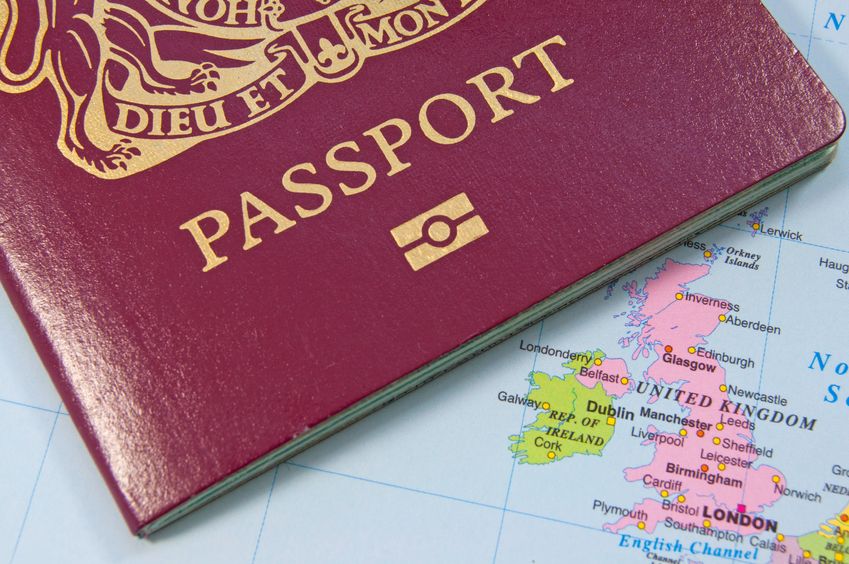
Northern Irish farm leaders have been in Brussels this week to meet senior dairy officials in the European Commission where they said 'dropping off the cliff edge' was not an option post-Brexit.
The movement of goods and access to labour across the Irish border after Brexit are 'key concerns' for farmers, according to the Ulster Farmers' Union (UFU).
UFU dairy chairman, William Irvine said that Northern Ireland's unique situation and the complexities of what will be a land border between the UK and the EU are 'well recognised.'
"A large number of dairy farmers here are members of co-ops in the South," he said, "clearly, there are strong links between farmers here and processors south of the border, and indeed vice versa.
"This applies to other sectors as well as dairy, and we were encouraged that the will seems to exist in Brussels for a soft border."
'Cliff edge is not an option'
Trade after Brexit was also on the agenda, with the focus on the importance of minimising barriers.
Mr Irvine said tariffs on agriculture products would have a significant impact on the dairy industry. Farm leaders said being able to trade with the EU tariff free is 'crucial.'
"There are also non-tariff barriers to consider as well. New UK trade deals with other countries, like the US or New Zealand, must not use agriculture as a bargaining chip," Mr Irvine said.
The UFU said that 'dropping off the cliff edge' is not an option.
Mr Irvine said: "We are interested in UK food companies' plans to maintain trade after Brexit – and, based on what they have told us, we believe the pan-European business Arla, which is a key UK player, has some interesting ideas."
